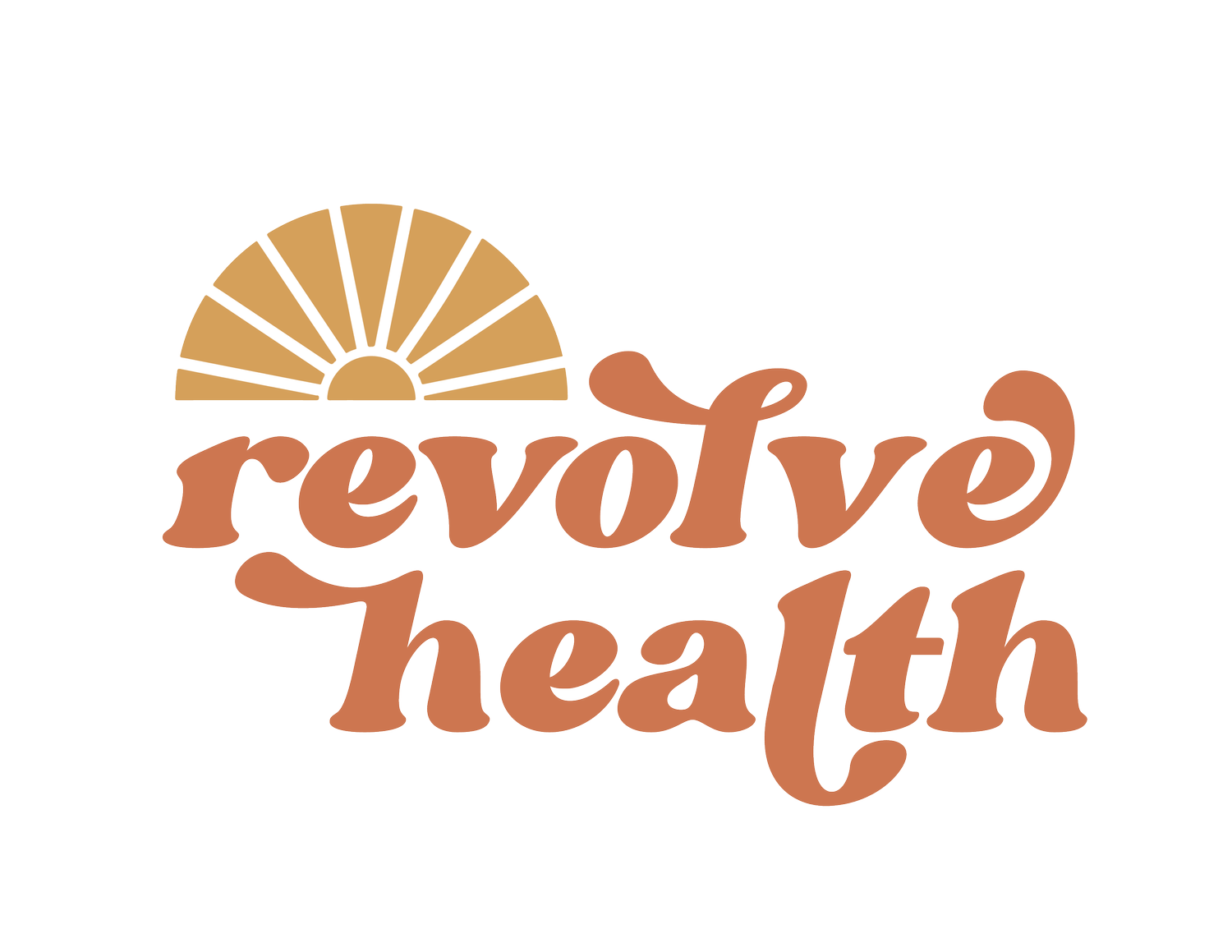Hormones and Your Mental Health
Hormones play an important role in regulating mood, emotions, and overall mental well-being. This balance is easily disrupted as we navigate the stress and challenges of our day-to-day lives, so it’s important to have an understanding of what imbalance looks like.
How Do Your Hormones Play a Part?
Hormones are chemical messengers that regulate various functions in the body, including mood and behavior. When hormone levels fluctuate or become imbalanced, they can significantly impact mental health. Some of the key hormones involved in mental health include:
Estrogen and Progesterone: They regulate mood and emotions and play a role in your cycle, perimenopause, and menopause. Changes or imbalances in estrogen and progesterone can trigger mood swings, anxiety, and depression. This can maximize in intensity during the fluctuations in the 10 years before menopause
Testosterone: Testosterone is crucial for regulating mood, energy levels, and motivation. Low testosterone levels can result in depression, fatigue, and irritability.
The Role of Cortisol
Cortisol is essential for managing stress, but chronic stress can lead to consistently high cortisol levels, which have negative effects on mental health. High cortisol levels can disrupt sleep, increase anxiety, and contribute to depression. When your cortisol is elevated, it can impact your blood sugar control, appetite, and even where your fat is stored. Managing stress through lifestyle changes, such as exercise, mindfulness, and adequate sleep, can help regulate cortisol levels and improve mental health.
Treatment Options
When it comes to addressing hormone-related mental health issues, several treatment options are available, including:
Hormone Optimization:
For Women: Hormone optimization can be effective for managing mood swings, anxiety, and depression related to menopause or other hormonal changes we experience throughout the lifespan. Herbal medicine, nutritional supplementation, and diet and lifestyle changes can be helpful for women of all ages. If you’re perimenopausal or menopausal with low hormones, it may help to supplement estrogen, progesterone, testosterone, or a combination of all.
Estrogen has a profound impact on serotonin levels in the brain, which is a key neurotransmitter that regulates mood.
Progesterone has a calming effect on the brain due to its interaction with GABA receptors, which are responsible for promoting relaxation and reducing anxiety.
Although often associated with men, testosterone is also essential for women’s mental health. Balanced testosterone levels can enhance energy, mood, and cognitive function in women.
Prioritize Your Hormones to Support Your Mental Health
Hormones play a huge role in mental health, and imbalances can lead to significant mood disturbances. Understanding how hormones affect mental well-being is crucial to get the individualized help that you need! Whether through hormone replacement therapy, herbs, supplements, or lifestyle changes, addressing hormonal imbalances can greatly improve mental health and quality of life. If you have concerns about your mental health or suspect a hormonal imbalance, schedule a free call to see how we can help!
Meet Your Doctor
Hi, I’m Dr. Caitlin Fanning, ND (Naturopathic Doctor),
I help women who are struggling with hormone imbalances, fatigue, and infertility optimize their hormones and get their life back so they can feel like their best self.
If you're ready to take charge of your health and make real, lasting changes to your energy, your hormones, or your overall well-being, I would love to talk more!


